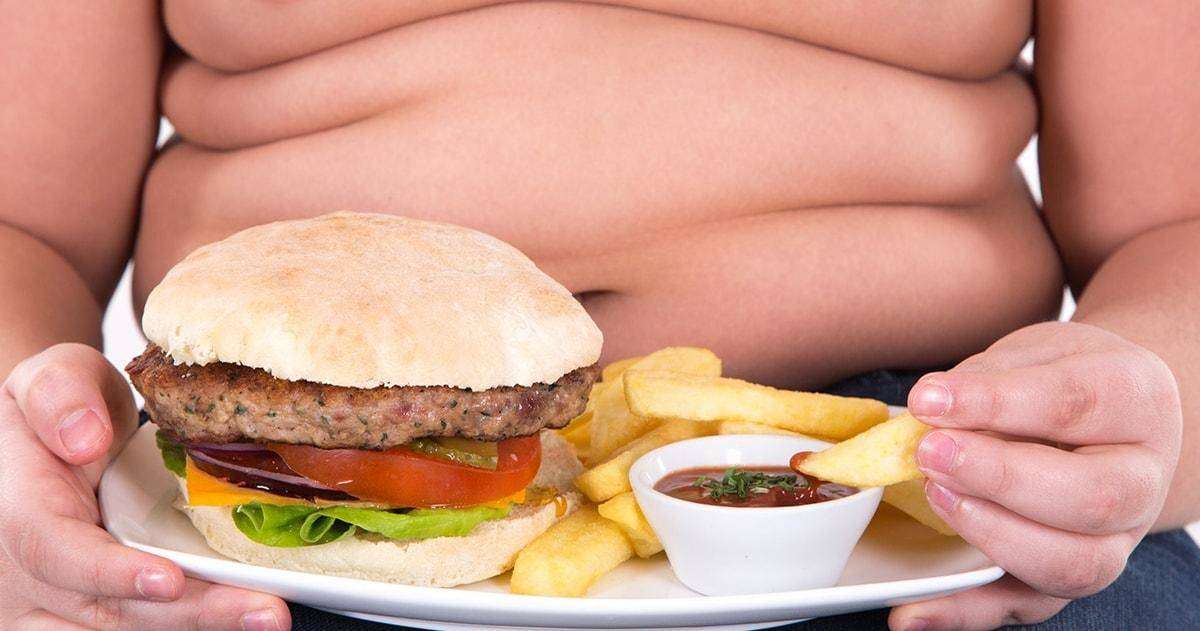
Obesity and cancers
July 18, 2019
Benefits of back Lunge
July 25, 2019
Obesity and cancers
July 18, 2019
Benefits of back Lunge
July 25, 2019Here's What You Need To Know About Intermittent Fasting
Intermittent fasting (IF) is an eating pattern that cycles between periods of fasting and eating. It doesn't specify which foods you should eat but rather when you should eat them. In this respect, it's not a diet in the conventional sense but more accurately described as an eating pattern.
DATE: July 2019
AUTHOR: Rui Madeira | Health

Is intermittent fasting right for you?
So called “fad” diets have gripped our society for quite sometime now and refuse to let go. They promise rapid weight loss, smaller waist sizes and smiles on our faces. However, most of them make false promises. They negatively affect our metabolism, throw us “off balance,” and can sometimes ruin our relationship with food. Food is our friend. Food is our fuel. It is our energy source and can provide us much happiness when we consume it appropriately.
Enter Intermittent Fasting or IF. Intermittent Fasting is a lifestyle where you eat within a set eating period. Two popular examples are the 12/12 (12-hour fast followed by a 12-hour eating period) and the 16/8 (16-hour fast followed by an 8-hour eating period).
Research has proven the following potential benefits of IF:
*Increased fat burning
*Improved metabolic function
*Higher energy levels
*Increased mental clarity and concentration
Because of the shortened eating windows, you’ll naturally lower calories (if that’s what you choose to do for fat loss…if your goal is to build muscle then you would consume calories accordingly). And, when you combine it with mindful eating, you can see accelerated results. This means you cannot overeat empty calories during your eating period and expect any change.
The most popular way to use IF is to eat in the evening, skip breakfast, then consume your first meal in the early afternoon. However, fasting needs to be conscious decision not to eat. It should feel a little “painful” at first. If you are already in the habit of skipping breakfast I suggest choosing another fasting period or have your last meal earlier than you typically do. For example, if you normally eat dinner at 8pm, have your last meal at 5pm instead. Move out of your comfort zone.
Is Intermittent Fasting for everyone? Maybe not (In fact, if you have any medical conditions, consult your physician first). But it doesn’t hurt to try. If you plan to try it, make a plan. One week, two weeks or every other day for a month. Whatever you choose, stick with it and enjoy the results!
Adopt this diet or not, always be aware. Consider your goals, your limitations, possible health problems, and eat healthy and balanced.
